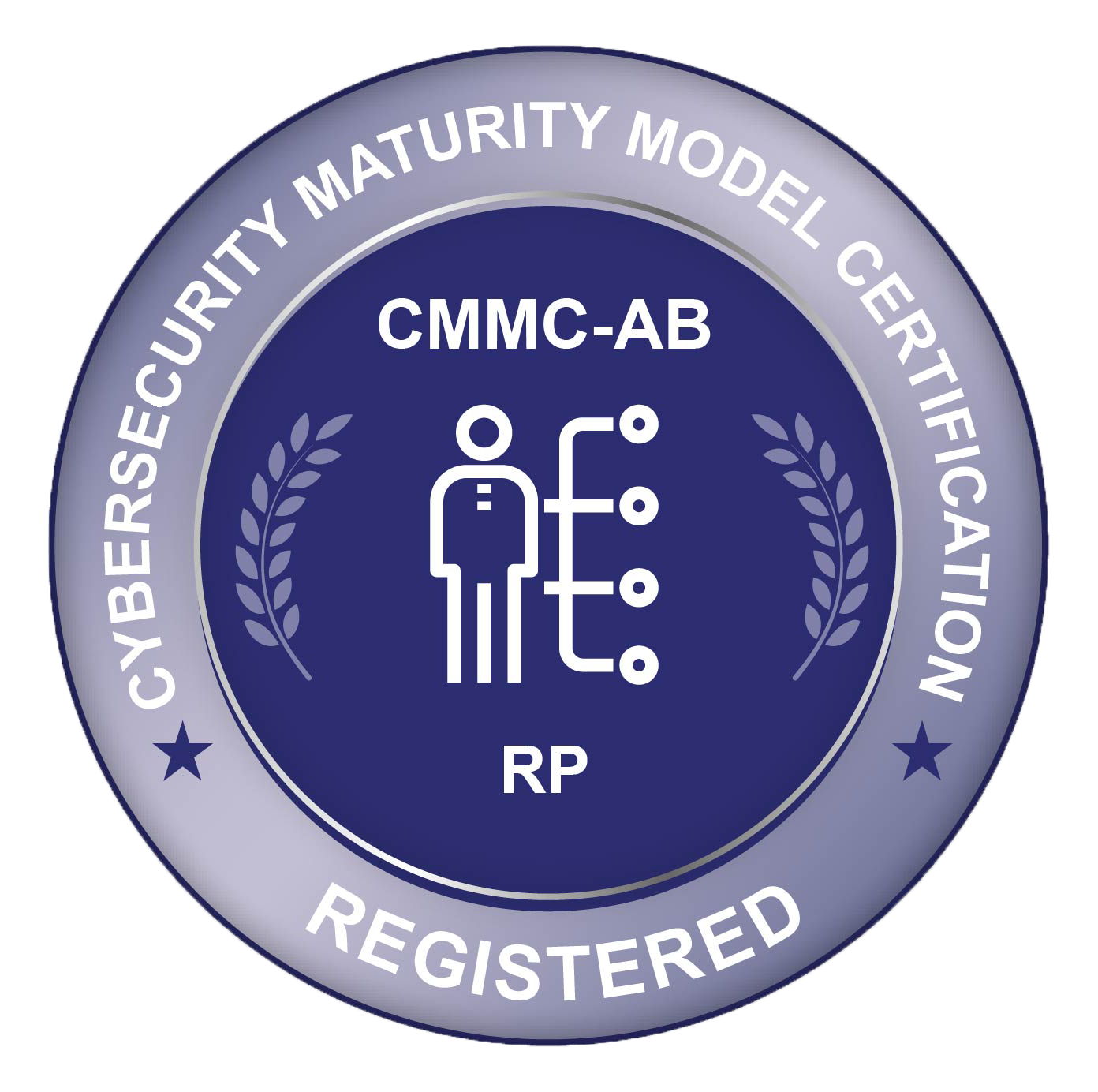How Data Protection Shields You From Financial Scams
More and more frequently finance, banking, and commerce are happening online, and those increasing online financial activities lead to an increase in hackers and scams targeting that information specifically. Data protection is one of the simplest and most proactive ways to protect personal financial data.
Financial data protection shields consumers from the problems that can come with scams and other attempts to access individual finances through tactics like malware extensions or phishing. Looking closer at some of the common ways scammers target data we’ll find some steps to best protect that data, and how data protection is a central part of that.
Cloud Data Protection: The First Line of Digital Defense
Cloud data storage has revolutionized a lot of the way people do business online, but without putting thought and effort into cloud data protection, it can be the first avenue scammers and other hackers might take to target private financial information.
Since the cloud is, by its nature, accessible to multiple machines at once, it can be easy to have sensitive information (like bank account numbers, financial documents, etc.) stored on the cloud without even realizing it. Scammers can take advantage of this by installing malware extensions, often activated and covertly installed by clicking a link to a program or extension on an e-mail, that can grant them full access to systems without the user even knowing it.
The best way to protect and help preserve this data in the event of a breach is by regularly backing up data stored on the cloud.
Aware Internet Usage and Maintaining Continuous Data Protection Online
Data protection might start at those first points of access, but continuous data protection is central to ensuring data remains secure. This means providing support when necessary, but it also means educating users so they can see the signs of a potential scam to avoid having their data at risk, to begin with. Like many other criminals, hackers and financial fraudsters rely on certain common tactics to get access to unsuspecting accounts. Knowing how to spot some of those common signs and knowing the right way to react to them (or in some cases, not react to them) can save time, money, and grief for all involved.
With all that in mind, there are some common sense steps everyone can take part in for financial data protection. The first is to be careful when clicking on any links or extensions in an e-mail. Make sure it’s from a trusted provider, and if ever unsure, try to navigate to their site directly through browsers and bookmarks, not the e-mail. Avoid sharing personal information, especially from e-mails that evoke a sense of urgency or have unusual syntax or greetings. Double-check any attachments before clicking or downloading anything, and similarly be wary of any offers to give or receive wire transfers unsolicited. The best advice when in doubt of an e-mail’s authenticity is to simply do nothing: most of these scams require action on the victim’s part to get ensnared, whether that’s downloading malware extensions or giving out sensitive information.
Data Protection with MTBW
Having financial data targeted by an online scam can be a harrowing and frustrating experience. Downloading a file off of a suspicious e-mail can lead to sensitive personal data being put at risk in an instant. Through some common sense cybersecurity applications and by regularly backing up data, these risks can be minimized while still allowing people to make the most of what e-commerce has to offer.
If your home system or business is looking for financial data protection, MTBW is there offering big business solutions at small business prices. We’re there to help backup and restore data when you need it. Talk to one of our specialists today for more information.








